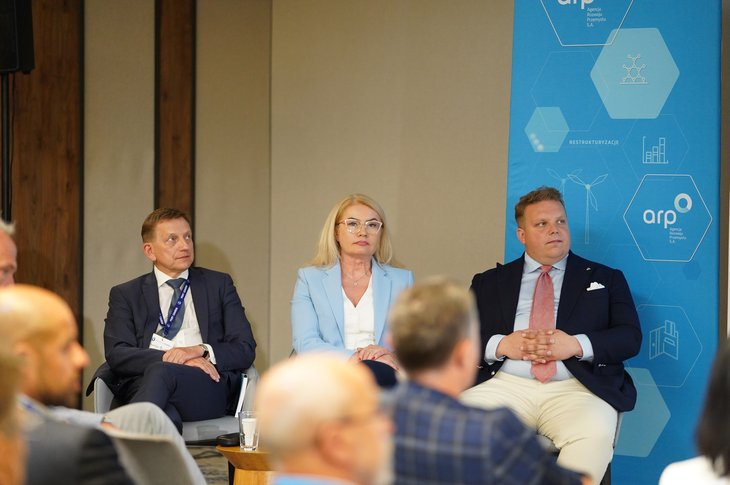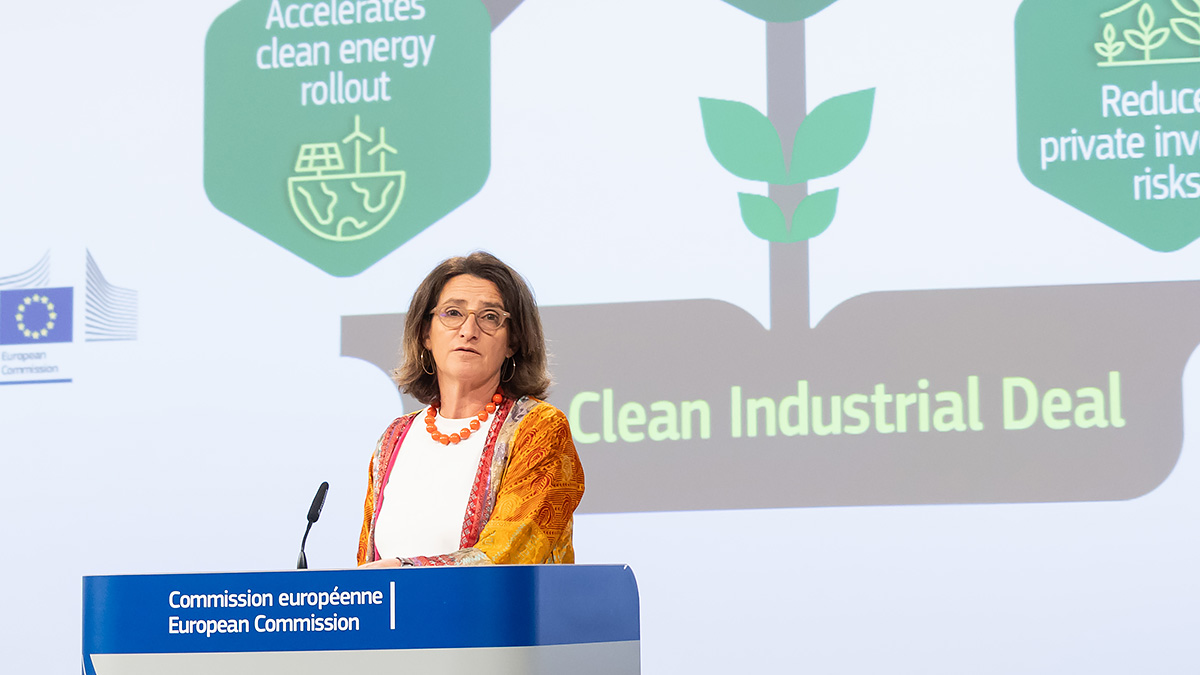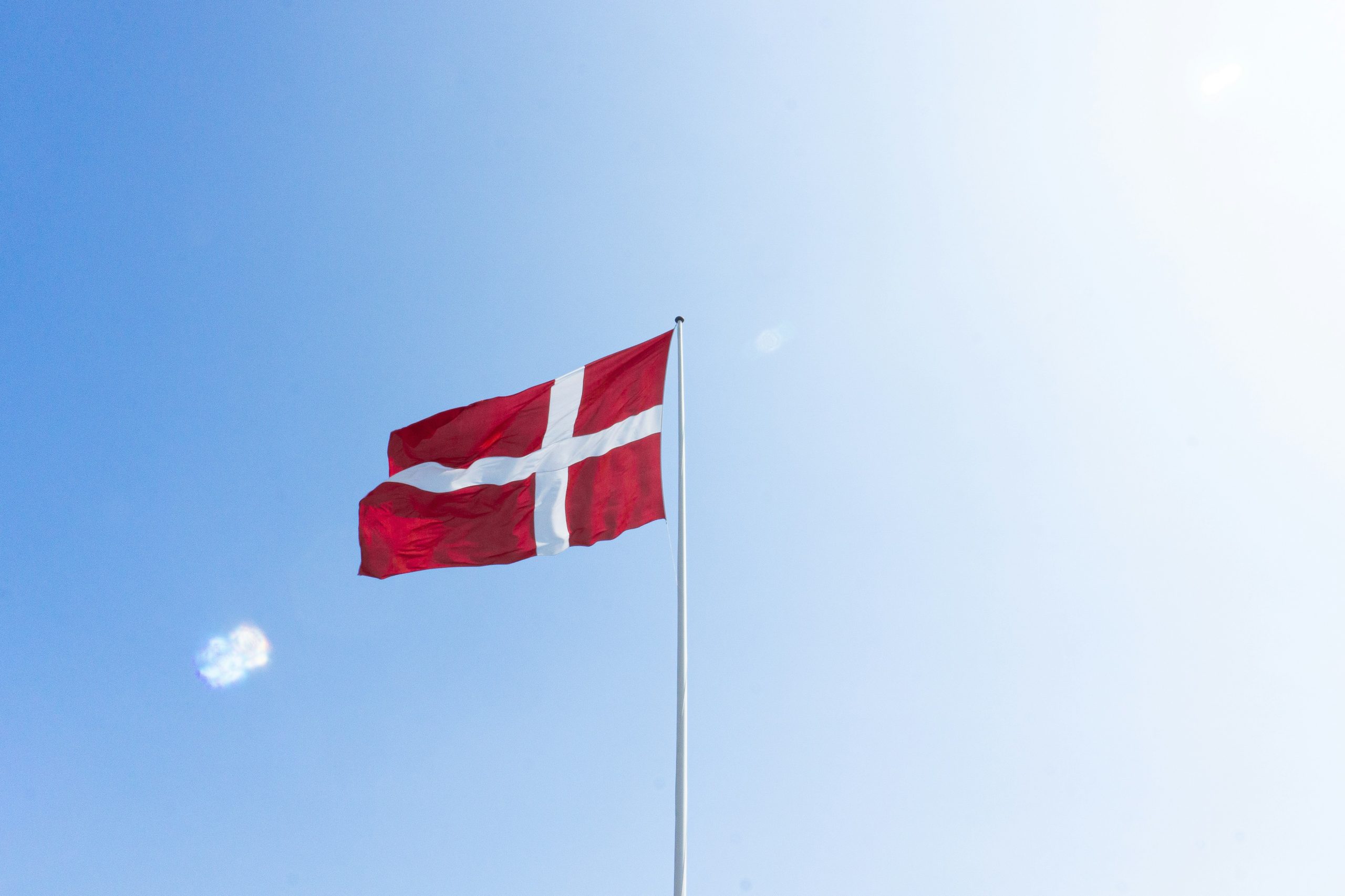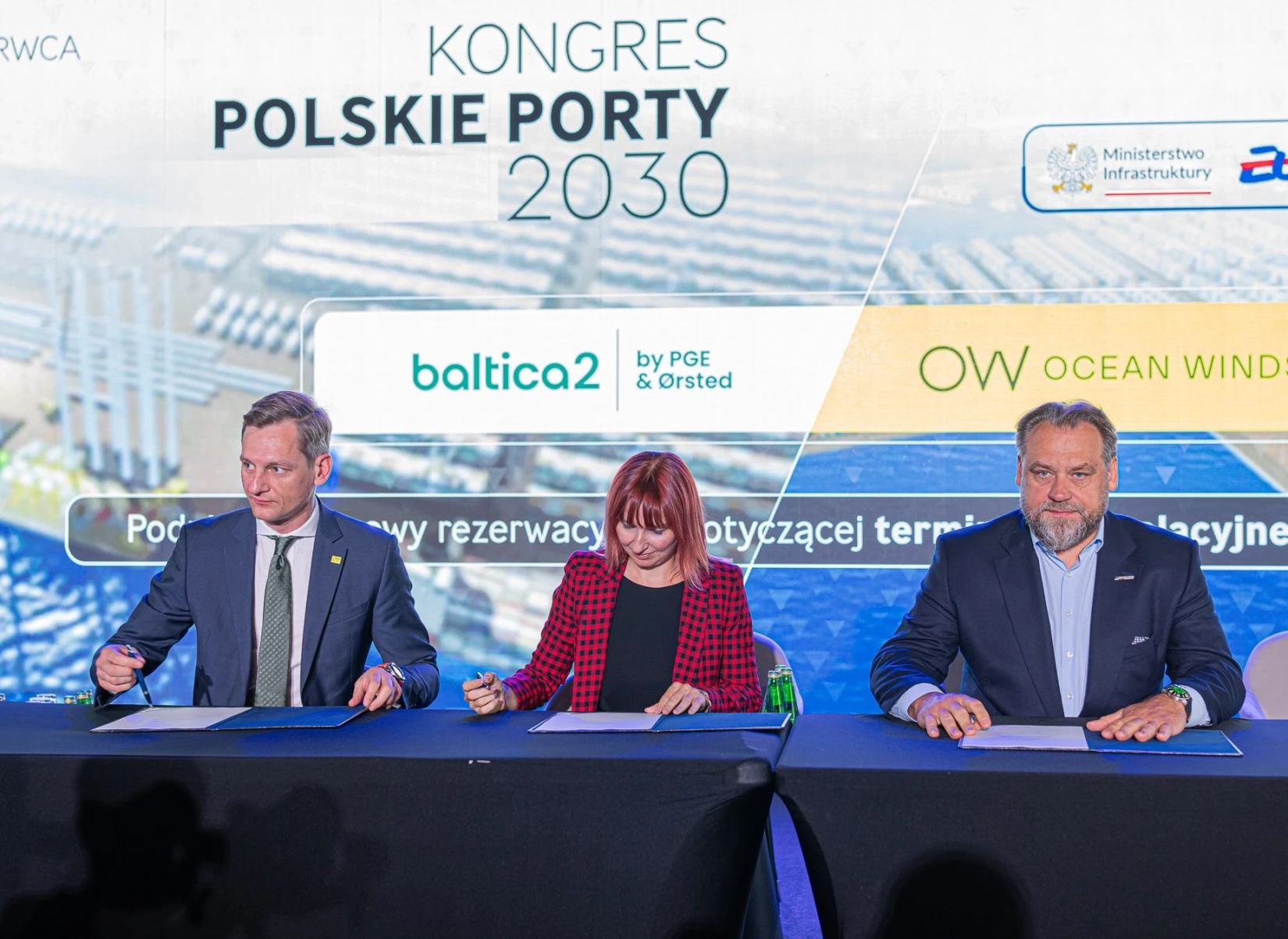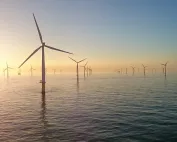Rambøll and Danish Energy Agency released new report “Job creation in a new industry – learnings from Denmark’s offshore wind journey”. The analysis focuses on job creation in the offshore wind industry in Denmark.
The authors indicate that whilst previous studies have focused on what created growth in the industry in the 2000s, little information has been available on drivers and public sector mechanisms and initiatives supporting job creation, which this study seeks to rectify. Job creation, and ultimately job retention, occurs when job demand, powered by sector growth, is matched with the right skills and competencies. In the offshore wind industry, job creation in Denmark is driven by the ability to meet the growing demands for skills at local, national, and international level. The present analysis of Rambøll and Danish Energy Agency shows that job creation in the 2000s was founded in an interplay between four factors:
(1) the political and regulatory environment,
(2) the economic and investment environment,
(3) network and organisation,
(4) competencies and knowledge.
Kristoffer Böttzauw Director General, Danish Energy Agency indicates in his foreword:
“Creation of new green jobs is an integral part of a just transition to a more sustainable future. Denmark has been a prime example of this, as the growth of the offshore wind sector has led to a substantial increase in the number of employees working in the wind industry. To understand how this was achieved, and to share learnings with other countries, this report examines the initiatives implemented by both the public and private sectors to support successful job creation in the Danish offshore wind sector.”
The results of the analysis demonstrate that job creation from the offshore wind sector can be achieved without the need for large national interventions or explicit local content requirements. Instead, job creation has largely been driven by local and regional solutions, initiated by private sector businesses and local and regional stakeholders, to meet market opportunities and demands.”
According to the summary of the report it is clear that whilst the political and regulatory environment and the economic and investment environment primarily have ensured that the right framework conditions were in place for the companies in the offshore wind industry to grow, thereby creating a demand for jobs, initiatives within network and organisation as well as competencies and knowledge initiatives, largely instigated by the large wind power companies and organised industry and cluster networks, have ensured supply of the right skills and competencies. Moreover, there is not a one-size-fits-all model to ensure sufficient skills. Job creation has been initiated locally, and different models have evolved at different locations. In conclusion, job creation in the offshore wind industry in Denmark is not a result of national employment policies. Rather, local and regional solutions have been developed, to a large extent initiated by businesses and local stakeholders, to meet market opportunities and demands.
Full report “Rambøll and Danish Energy Agency (2023): “Job creation in a new industry – learnings from Denmark’s offshore wind journey” is available on:
Source: Danish Energy Agency



